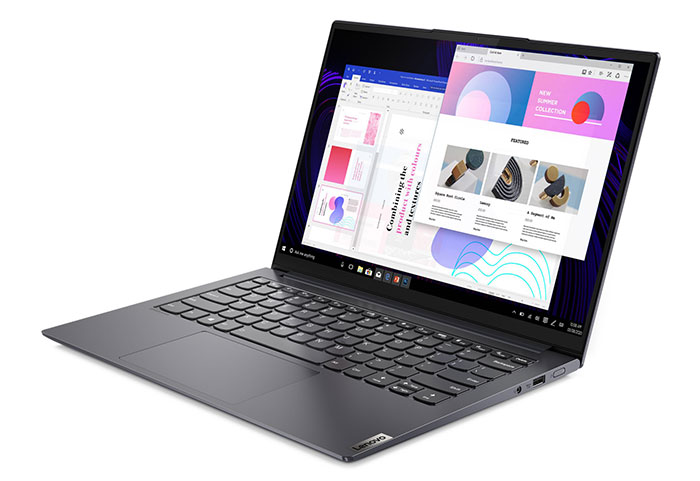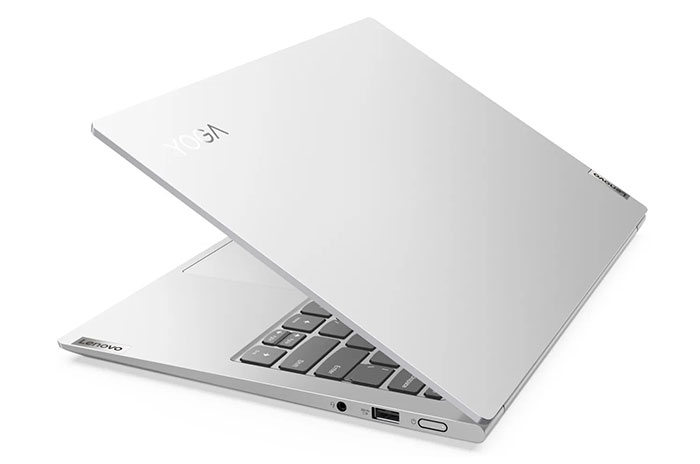The AMD Ryzen 9 5900HS and Ryzen 7 5800HS have been Asus exclusive SKUs until now. For a recap on these 35W processors, please go and mull over the HEXUS editor's deeper look at AMD 5000 Series Mobile processors from January. Now there are signs of two important changes with regard to these processors: firstly it looks like Asus exclusivity is over; and secondly it looks like there are 'Creators Editions' versions of these processors on the way with faster base clocks.

On Sunday, tech Twitter titans Komachi and Momomo_us (via VideoCardz) unearthed listings for Lenovo laptops featuring the Ryzen 9 5900HS Creator Edition, and Ryzen 7 5800HS Creator Edition. We don't get full specs of these new CPUs from the Lenovo listings linked by the Twitterers, but the headline changes are noted – faster base clocks, as follows:
- Ryzen 9 5900HS Creator Edition 3.3GHz/4.6GHz – with a 300MHz faster base clock than the standard Ryzen 9 5900HS
- Ryzen 7 5800HS Creator Edition 3.2GHz/4.4GHz – with a 400MHz faster base clock than the standard Ryzen 7 5800HS
Normally, HS suffix processors are 35W, and have slower base clocks than the H suffix SKUs. This new 'Creator Edition' seems to cure this – via hand-picked silicon, perhaps. Unfortunately, Lenovo's product pages don't mention the TDPs of its new Creator Edition CPUs.

AMD's new Creator Edition processors appear in Lenovo's Yoga Slim 7 Pro and Yoga 14S laptops. Other key features of these portables include 14-inch displays with up to 1800p, 16GB of soldered RAM, Nvidia GeForce MX 450 2GB GDDR6 graphics, PCIe 3.0 SSD storage options up to 1TB.
Lenovo's new laptops are currently heading for Asia and Europe, but not the US. It will be interesting to see if other systems makers pick up these processors, if any. Some might be keeping their powder dry for next gen devices with AMD Rembrandt and Intel Alder Lake silicon.













